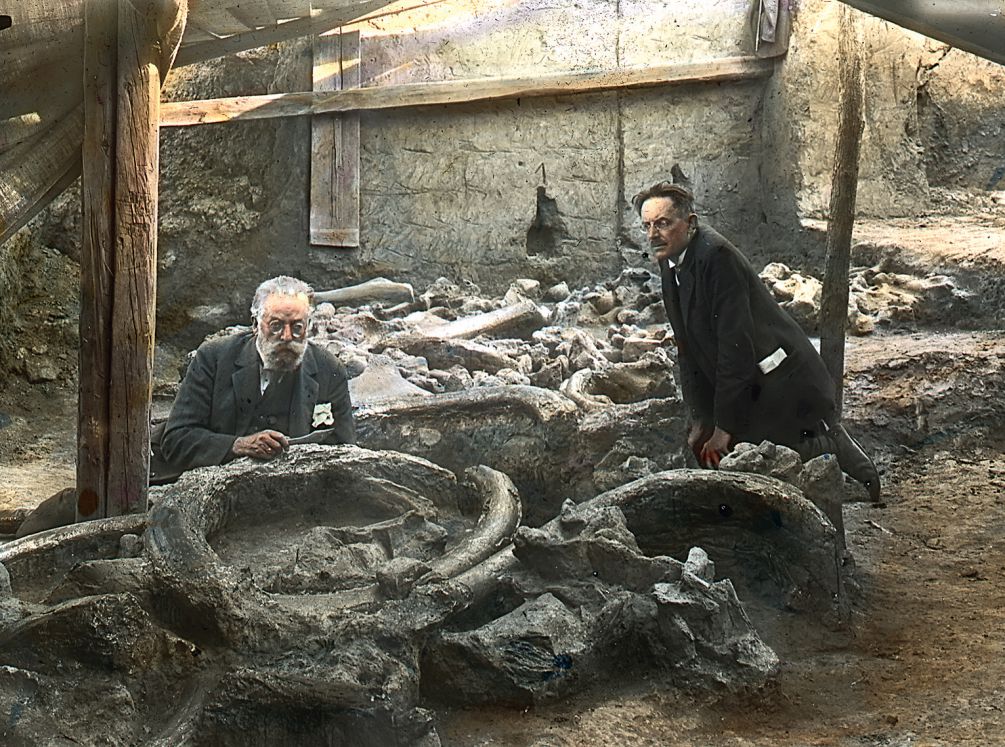Czech archaeology under the yoke of Nazism in light of interethnic relation
DOI:
https://doi.org/10.35686/AR.2019.6Keywords:
Protektorat Böhmen und Mähren, Nazi régime, Institute of Archaeology, Charles University, Moravian Museum, Dolní VěstoniceAbstract
The aim of the article is to provide a comprehensive evaluation of the history of Czech archaeology following the rise of Nazism in Germany and after the German occupation of Czechoslovakia. The text in particular presents the ethnic clashes influencing the institutional development of archaeology in Bohemia and Moravia, the roots of which stretch back to the period of the founding of the country in 1918. Also described are internal conflicts of authority among representatives of German Protectorate archaeology, which in fact had a greater impact on its development than antagonisms between members of the Czech and German archaeological community. The extent of the mandatory ideologization of the discipline in this period is likewise assessed. In this context, the Czech Lands provide a unique opportunity to study the relationship between Czech and German archaeology in a territory in which both ethnic groups were traditionally represented by distinctive cultural institutions, unlike, e.g., Poland, which did not have areas with a German majority prior to the Second World War. In post-war Czechoslovakia and Poland, the Nazi Protectorate ideology was replaced not by free research but rather by another mandatory ideology, one that rejected not only the preceding German work but also, to a large extent, work performed in the respective native languages.
Downloads












